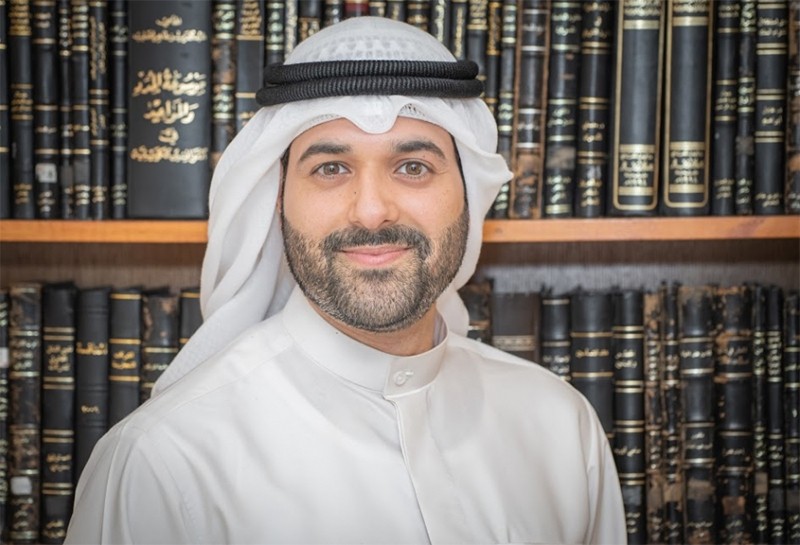21/08/2021
21/08/2021
Last week, a university professor was assaulted by police during a peaceful protest in Al Erada Square in front of the Kuwait National Assembly. Through the taped video, society witnessed cruelty against protestors.
The incident deserves attention in analyzing how the Kuwaiti authority considers protest and the expression of disapproval or objection. I conclude that the authority sees them as threats rather than fundamental human rights of a routine means of expressing dissent.
In the recent history of Kuwait, previous incidents accord, and there are valuable previous lessons the authority could learn from. In 1979, Decree-Law no. 65 of 1979 was issued regarding regulating public meetings and gatherings, which laid down many crimes related to protesting. However, most of its articles were ruled unconstitutional according to the Kuwaiti Constitutional Court ruling No. 1 of 2005 on May 1, 2006.
The constitutional ruling stated that articles 2, 3, 5, 6, 8, 9, 10, 11, 16, 17, 18, 19 and 20 of the law are unconstitutional, given that they violate fundamental constitutional rights related to the freedom of opinion and expression and right to assemble and conduct a peaceful meeting without the need of prior permission as per Articles 36 and 44 of the Kuwaiti Constitution.
The remaining articles in the law are related to administrative issues regarding regulating the meeting place and time to organise the traffic and provide safety for protestors. Thus, the purpose of the law has become to protect protesters and the crowds and ease the process of practising the right of expression.
Today, pluralism, encompassing various beliefs and values, provides a unique human behavior that reflects the need for communication to spread ideas. The repetition of policing protests and suppressing the crowds is not a coincidence action. Authorities choose to intervene because of their tensions over the right to expression.
Such unnecessary tensions indicate an institutional lack of knowledge towards fundamental civil rights and a narrow-mindedness. Moreover, religious mainstream rationalising police cruelty against protestors is a tragic and irresponsible behavior that shows a common petty act of politicising religion. The actions towards peaceful protestors undermine democracy and reflect an authoritarian approach. The interest of individuals, when related to freedom of expression, outweighs the interest of the state.
Restricting the constitutional right of expression is an exception and must be strictly limited. One last critical remark is that the use of cruelty by some police officers against protestors is a crime in which the penalty may reach up to 3 years imprisonment as per Article 56 of Law No. 31 of 1970, which amended some provisions of Kuwaiti Penal Code No. 16 of 1960. Accordingly, the right of individuals to gather and express their opinions must be (by law) respected by the police. They must be well-informed about the consequences of violating the law. Expression is not a puzzling matter nor a controversial right but rather a lucid one.
By Attorney Dr Fawaz Alkhateeb,
visiting assistant professor at Kilaw
[email protected]



